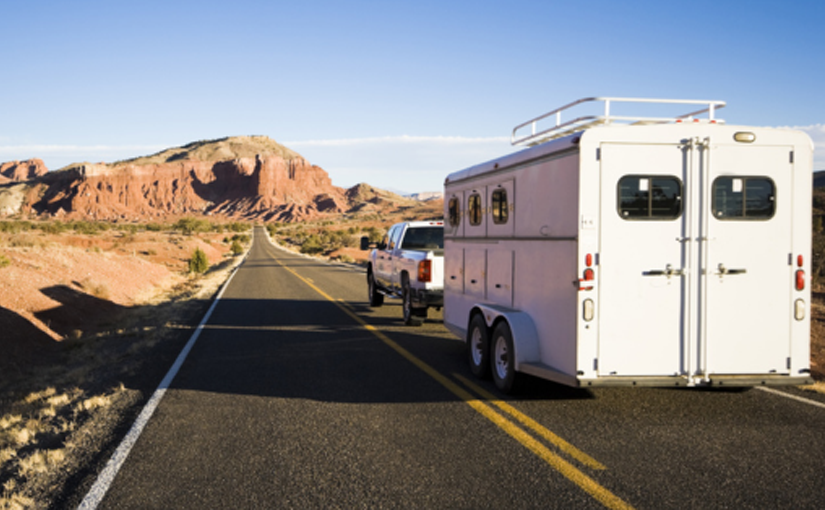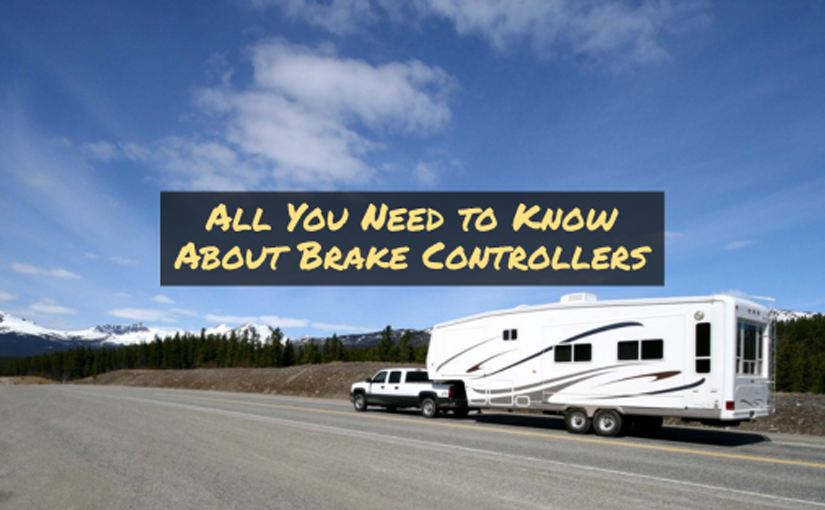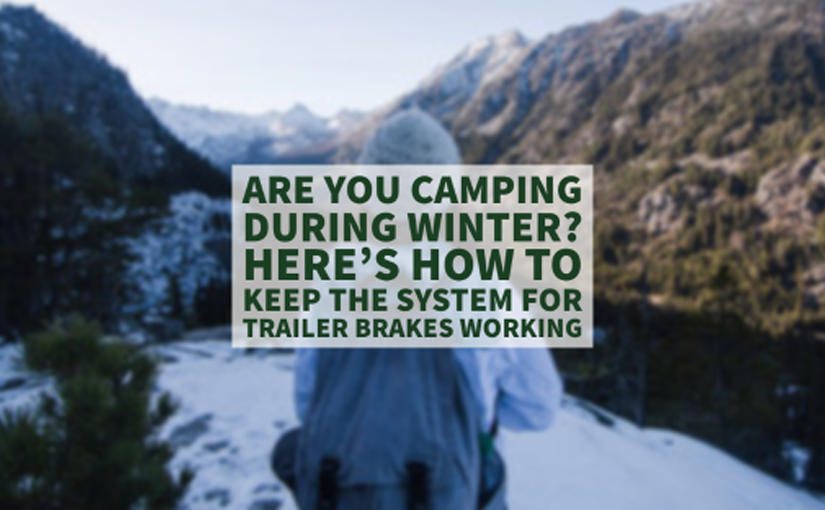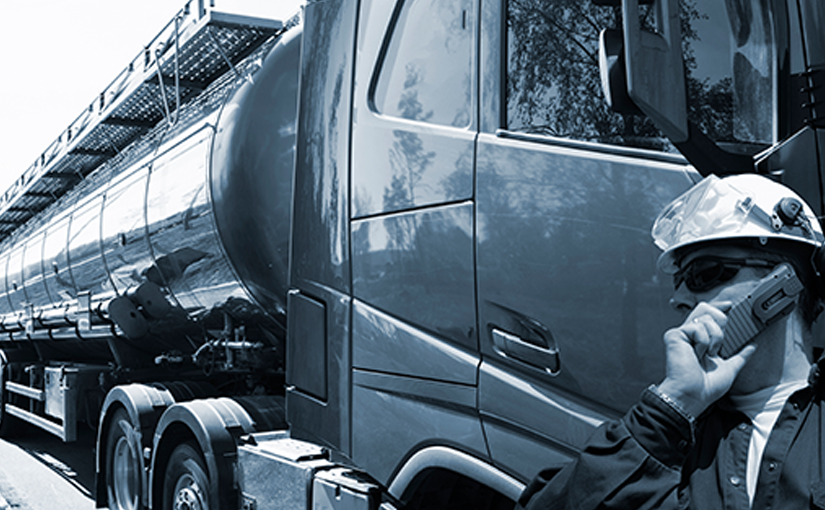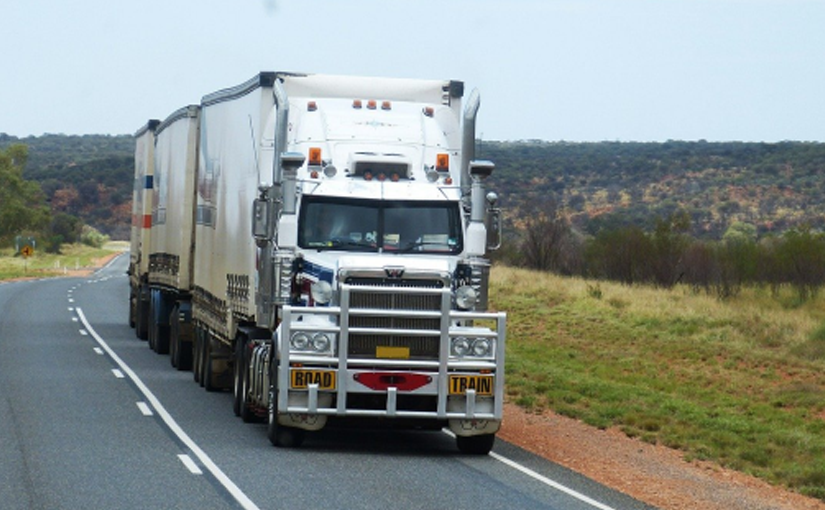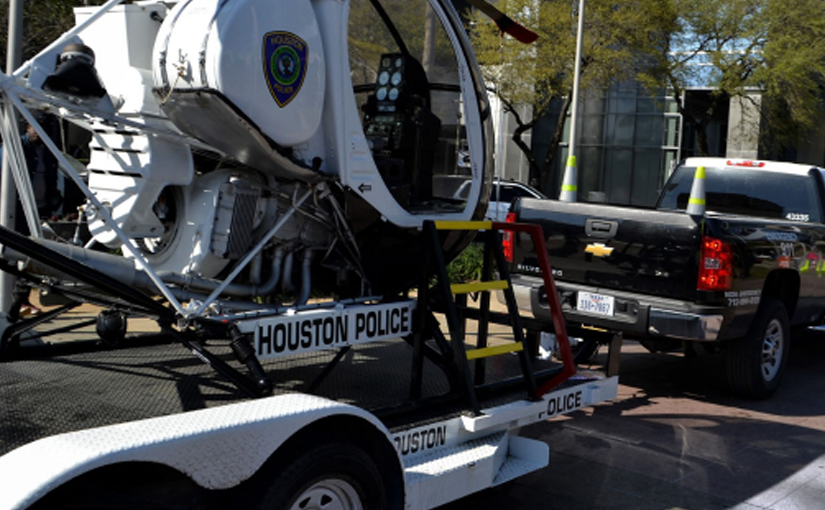
Trailer brake controllers increase towing safety by facilitating even braking between a towing truck and the trailer. When you install brake controllers, you’ll avoid common trailer accidents that are caused by insufficient braking power. To get the best out of your trailer, you must install the best brake controllers. However, even the best trailer brake controller will be of little use if you don’t know how to use it properly.
Here is the step-by-step process of how to set up and use brake controllers effectively.
Before you purchase the best brake controllers, you must be certain that they’re applicable in your towing truck. Some modern trucks come fitted with brake controllers as part of their factory-installed towing packages. In such cases, you may not need to install trailer brake controllers.
Secondly, you must decide what type of brake controllers you want. Predominantly, there are two types of brake controllers –proportional brake controllers and time-delayed brake controllers. You may consult the experienced brake controller manufacturers, fellow RVers, or read brake controller reviews to know which type is best suited for your trailer.
After getting the best brake controllers that are most appropriate for your trailer and truck, follow the following steps to properly set up your brake controllers and maximize utility.
Step 1: Connect the Trailer Wiring Harness to the Tow Vehicle
After hitching the trailer to your towing truck, plug in the trailer wiring harness to the vehicle. Brake controllers need power to work. Connecting the trailer brake wiring system to the tow vehicle supplies the brake controllers with the power they need to function. Since the brake controllers are connected to the trailer’s brakes, they supply braking power to the trailer. The connection is also responsible for the trailer’s lights.
Step 2: Adjust the Settings of the Brake Controllers
The display interface of a brake controller is usually installed on the drivers-side dashboard of your tow vehicle below or on the side of the steering wheel. This gives you easy access to the digital display screen controls, which you use to adjust the braking force of the controllers. The braking force is displayed in numbers of one to ten. When you press and hold the brake pedals, the screen will display the output setting. You may then adjust it to the desired level. Additionally, you may also adjust other settings such as the brightness of the display screen, location of the brake controller, and the angle of the interface. The best brake controllers will have many options, enough to satisfy your personal preferences.
Step 3: Test the Trailer Brake System
For the test drive, ensure that you’re on flat, level ground. Drive at about 25 miles per hour and apply your truck’s brakes. If the trailer doesn’t stop in tandem with your truck, you may have low or high gain. You should then adjust the braking force to the appropriate level. Drive again at the same speed, apply the brakes again, and adjust the braking force accordingly. You should do this until you achieve the desired braking power that gives you the smoothest stop.
Step 4: Loading and Unloading
Depending on the type of brake controllers you select; you may have to adjust the gain every time you load or unload weight on your trailer. This is because the weight loaded on a trailer influences the braking power needed to stop the trailer smoothly. To prevent wear and tear, adjust the gain of your brake controllers accordingly after loading or unloading weight on the trailer. This is more common for time-delayed brake controllers. Proportional brake controllers usually have a self-adjusting mechanism.
If you’re among the 30 million RV enthusiasts as estimated by the RVIA, you undoubtedly know that you must invest in the best brake controllers for your trailer. A good trailer brake system ensures smooth braking, preserves your trucks and trailer’s brakes and enhances towing safety. You should trust the reputable brake controller dealers to install the best brake controller on your truck. Hayes Towing Electronics Products are Proudly Made in the U.S.A.




